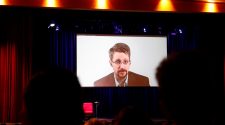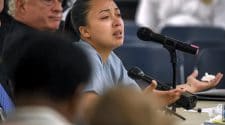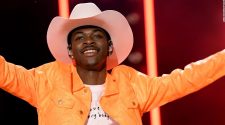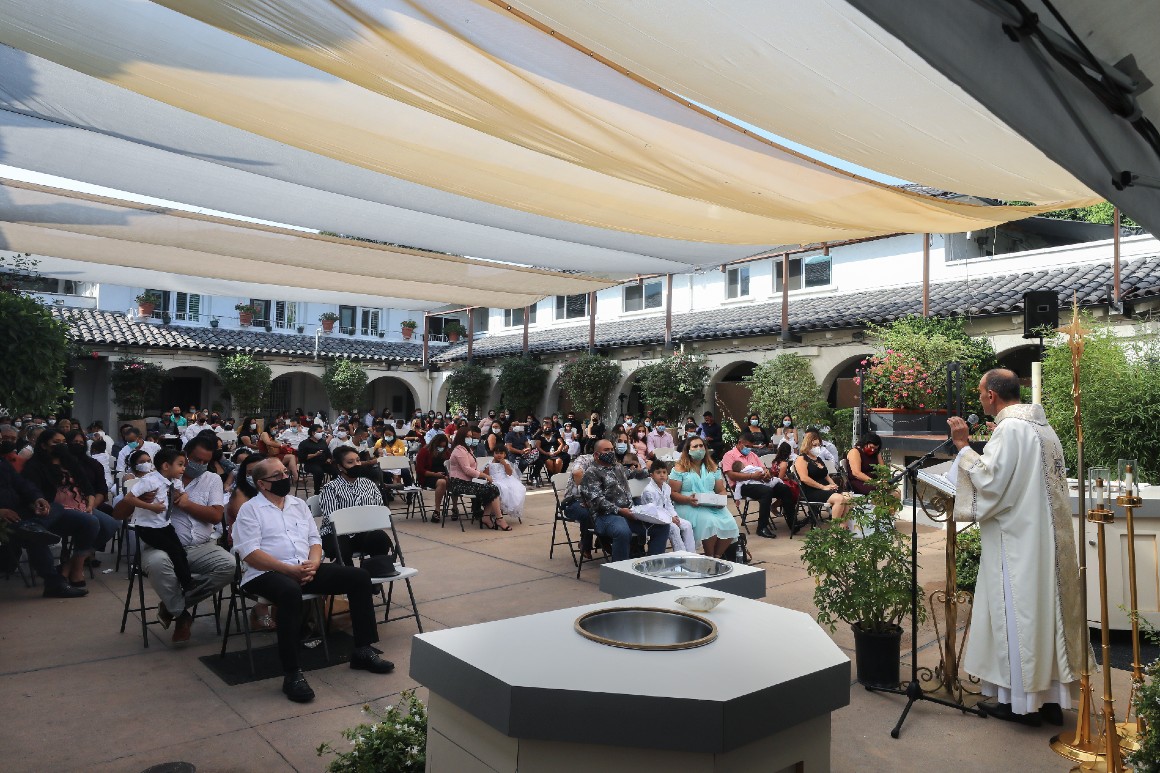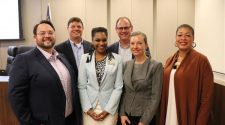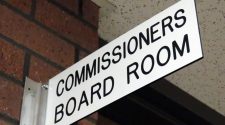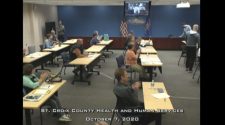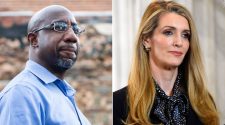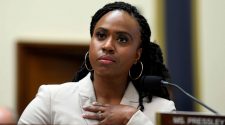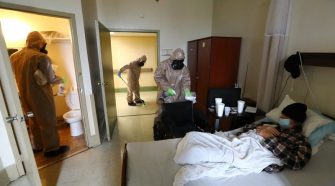Perhaps the most surprising aspect of the Friday night ruling: new Justice Amy Coney Barrett, whose conservative Catholic views drew suspicion from many liberals in advance of her confirmation last year, declined to grant the churches the most sweeping relief favored by her most conservative colleagues.
Justices Neil Gorsuch and Clarence Thomas would have granted all the churches’ requests, lifting the singing and chanting bans and barred California from enforcing a 25 percent capacity limit that applies to many indoor facilities. Justice Samuel Alito would have had such a ban kick in 30 days from now if the state didn’t make certain showings in court.
“Even if a full congregation singing hymns is too risky, California does not explain why even a single masked cantor cannot lead worship behind a mask and a plexiglass shield. Or why even a lone muezzin may not sing the call to prayer from a remote location inside a mosque as worshippers file in,” Gorsuch wrote.
Barrett opted for a middle-ground position with Justice Brett Kavanaugh that did not go as far as Gorsuch, Thomas or Alito.
“The applicants bore the burden of establishing their entitlement to relief from the singing ban. In my view, they did not carry that burden—at least not on this record,” she wrote in a brief opinion.
The court’s three liberals dissented from the decision, arguing that the court was unwise to substitute its judgment for that of state officials amid the ongoing pandemic.
“Under the Court’s injunction, the State must instead treat worship services like secular activities that pose a much lesser danger. That mandate defies our caselaw, exceeds our judicial role, and risks worsening the pandemic,” Justice Elena Kagan wrote in a dissent joined by Justices Stephen Breyer and Sonia Sotomayor. “In the worst public health crisis in a century, this foray into armchair epidemiology cannot end well.”
Kagan also suggested that given California’s climate, a ban on indoor worship is less onerous there than elsewhere. “Given California’s mild climate, that restriction—the one the Court today lifts for houses of worship alone—does not amount to a ban on the activity,” she wrote.
Chief Justice John Roberts, who provided a swing vote last year leading to rulings turning down churches’ requests for relief from virus-related limits, said he still believes in deference to elected officials. But he said Friday the outright ban in place in much of California defied logic.
“The State’s present determination—that the maximum number of adherents who can safely worship in the most cavernous cathedral is zero—appears to reflect not expertise or discretion, but instead insufficient appreciation or consideration of the interests at stake,” Roberts wrote. “Deference, though broad, has its limits.”
The court’s main ruling Friday came in a case led by South Bay United Pentecostal Church near San Diego. The court also released a similar order in a parallel case brought by Harvest Rock Church in Pasadena, Calif.




